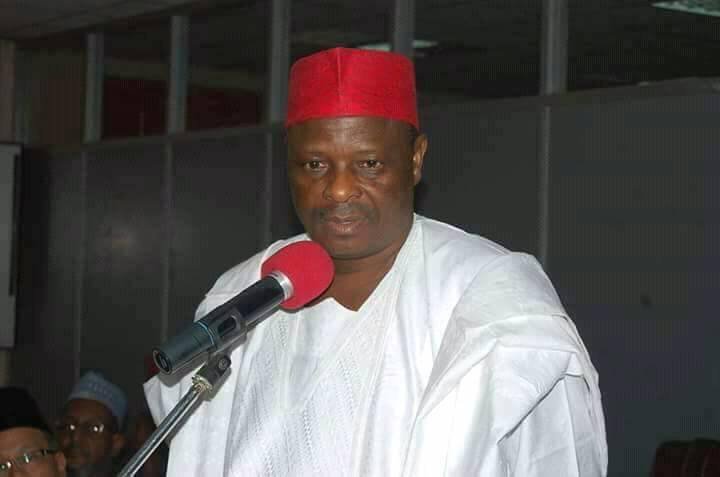
The UN sanctions in Central African Republic have reported that violent clashes are currently spreading in the state, despite successful polls that elected a new government earlier this year.
The new government of Faustin-Archange Touadera has limited control outside the capital Bangui and has failed to convince the dozens of armed factions around the country to lay down their weapons, according to their report.
Central African Republic descended into chaos in 2013 when mainly Muslim Seleka rebels seized power in the majority Christian nation, toppling President Francois Bozize and sparking a backlash from Christian anti-balaka militias.
Touadera was sworn in as president in March, raising hopes for stability after a wave of ethnic cleansing and the nation’s de facto partition into a Muslim northeast and Christian southwest.
“The newly elected Central African government has not been able to come to grips with a deteriorating security situation, observed since June 2016,” the monitors wrote in the unpublished report seen on Thursday.
France, which intervened in December 2013 to stop an escalation of civilian deaths, ended its peacekeeping mission in October, leaving security largely in the hands of MINUSCA, a 13,000-strong U.N. peacekeeping force.
The U.N. experts, who are charged with monitoring a UN imposed sanctions regime and arms embargo, found the previously localized fighting within the former Seleka rebel coalition and against anti-balaka has “grown more severe and widespread”.
“Moreover, violent incidents in Bangui and the hinterland are increasingly interconnected, with political agendas entwined in the fighting,” the report stated.
Nourredine Adam, the target of U.N. sanctions and leader of the FRPC, one of the main rebel factions has so far failed to reunite Seleka, which means “coalition” in the local Sango language.
The UPC, another ex-Seleka group dominated by ethnic Fulanis, has extended its territory to control diamond mining areas and arms trafficking routes from neighboring Democratic Republic of Congo, the report said.
Friction between the two groups led to deadly clashes in the town of Bria last month.
Attempts to reconstitute Seleka have galvanized some anti-balaka groups in the southwest following the return from exile of ex-President Bozize’s son, Jean-Francis Bozize, the monitors wrote.
“Since his return, Jean-Francis Bozize has maintained and developed his networks among anti-balaka groups and (army) officers in Bangui,” the report said. “(His) return is a source of concern for President Touadera and may explain the recent establishment of a presidential security guard.”
Reuters











